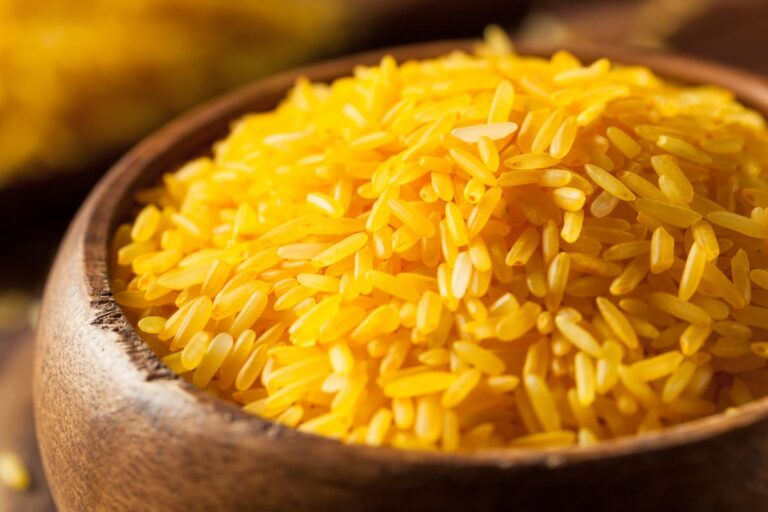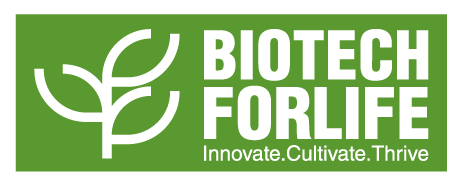Delays in the rollout of Golden Rice to consumers is detrimental to the poor, says expert
Margust Dela Cerna | August 19, 2024
Poor Filipinos will suffer the brunt of the moratorium imposed on GMO crops BT eggplant and golden rice by the Court of Appeals, a member of the National Academy of Science and Technology (NAST) said.
According to scientist Dr. Eufemio Rasco Jr. , the delay in the commercial release of golden rice also translates to a delay of the Filipino people in accessing the potential solution to Vitamin A deficiency which is rampant in developing countries like the Philippines.
He explained that the reason why scientists have made it a priority to infuse Vitamin A in rice was because this was the primary food of Pinoys, especially the poor who are unable to afford expensive vitamin supplements, and the prohibitive costs of fresh fruits and vegetables in their regular budget.
“Our scientists believe that putting Vitamin A in rice would be helpful because our consumers consume rice multiple times a day. Some even snack on rice. This is a simple solution to Vitamin A deficiency, and if this is delayed, it would mean more Filipinos would continue to suffer from weak immunity against diseases,” he said.
According to scientist Dr. Eufemio Rasco Jr. , the delay in the commercial release of golden rice also translates to a delay of the Filipino people in accessing the potential solution to Vitamin A deficiency which is rampant in developing countries like the Philippines.
He explained that the reason why scientists have made it a priority to infuse Vitamin A in rice was because this was the primary food of Pinoys, especially the poor who are unable to afford expensive vitamin supplements, and the prohibitive costs of fresh fruits and vegetables in their regular budget.
“Our scientists believe that putting Vitamin A in rice would be helpful because our consumers consume rice multiple times a day. Some even snack on rice. This is a simple solution to Vitamin A deficiency, and if this is delayed, it would mean more Filipinos would continue to suffer from weak immunity against diseases,” he said.

Vitamin A is essential in improving eyesight, immunity against infections, minimizes the risk of certain cancers, and keeps organs healthy. It is also essential to the growth and development of children.
Without Vitamin A, Rasco warned that extreme cases can lead to death because the body would be too weak against the threats of fatal illnesses.
“We believe that our role as scientists and academics is to educate the Filipino people about these GMO crops because it seems that based on the CA decision, there are still misconceptions about the safety of biotechnology in agriculture,” he added, saying that the controversy has been around since the 1990s and continues to cause confusion until now.
Rasco cited studies conducted by researchers on the potential risks of GMO to human health. Among these are those asking the questions on allergy risk, cancer risk, or toxicity. He emphasized if these products are unable to pass these stringent requirements, they will not be given approval by the regulatory bodies in the first place.
He further stressed that there is no product that is without risk but compared to the chemicals previously used by our farmers, GMO offers a safer alternative to the Philippine agriculture sector.
Without Vitamin A, Rasco warned that extreme cases can lead to death because the body would be too weak against the threats of fatal illnesses.
“We believe that our role as scientists and academics is to educate the Filipino people about these GMO crops because it seems that based on the CA decision, there are still misconceptions about the safety of biotechnology in agriculture,” he added, saying that the controversy has been around since the 1990s and continues to cause confusion until now.
Rasco cited studies conducted by researchers on the potential risks of GMO to human health. Among these are those asking the questions on allergy risk, cancer risk, or toxicity. He emphasized if these products are unable to pass these stringent requirements, they will not be given approval by the regulatory bodies in the first place.
He further stressed that there is no product that is without risk but compared to the chemicals previously used by our farmers, GMO offers a safer alternative to the Philippine agriculture sector.

